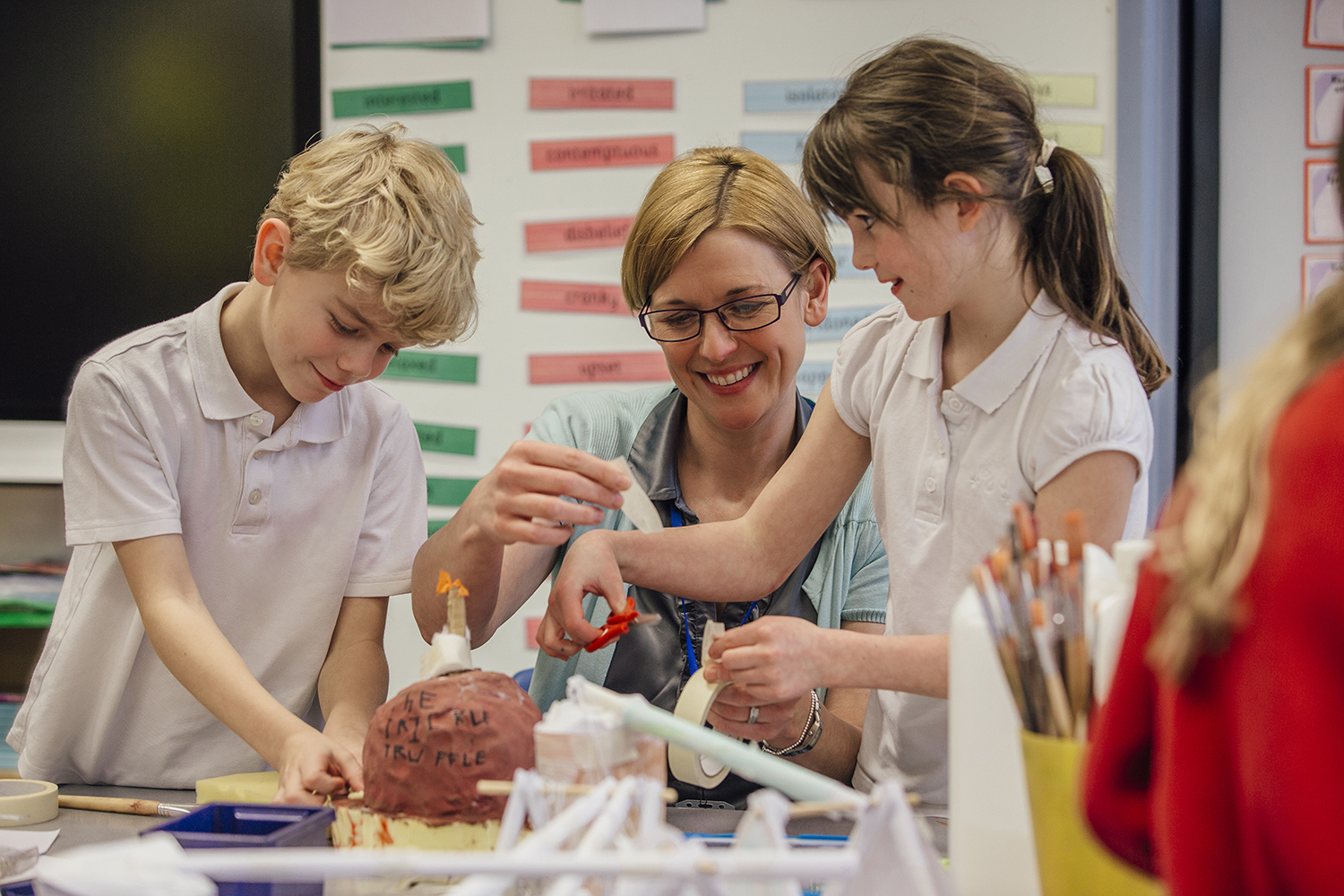- Home .
- Creative and Problem-Solving
Creative and Problem-Solving

Creative and Problem-Solving
Let’s pause for a moment, before we go any further, and just take a minute to think briefly about the remainder of the course. In Parts 2 and 3 we’ll turn our focus to problem-based learning (PBL), thinking about how the approach works, what benefits it brings to students and what it looks like in practice. Then, in parts 4, 5 and 6, we’ll spend time examining different ways teachers can promote creativity. First, in Part 4, we’ll look at how we can help students to make links and connections between different facts and pieces of information. Then, in Part 5, we’ll find out how synthesis-based activities can promote and enhance students’ creative thinking. In part 6, we’ll investigate four creative thinking techniques in which we can train students, helping them to think creatively. After that, in Part 7, we’ll think about some of the ways we can help students to apply their problem-solving and creative thinking skills across the curriculum. In Part 8, we’ll turn our attention to the value of placing creativity at the heart of lesson planning. Then, in Part 9, we’ll conclude the course by exploring what it means to base lessons around the analysis of solutions to real-world problems.
The program is particularly suited to school leaders, heads of department and teachers.
– The course is for 60 hours
– It can be finished within 2 to 4 weeks
– Anytime, anywhere learning!
– Move at your own speed
– You may need to implement the task more than once to master it
– Go back and review material at any time
– Finish the Course Completion Assessment at the end of the course.
- Learning Outcome 1: Explore how to create a culture of independence which encourages students to be creative and to tackle problems with resilience
- Learning Outcome 2: Understand how to use problem-based learning to underpin lesson planning, so as to generate regular opportunities for student problem-solving
- Learning Outcome 3: Examine how to train students in different creative thinking techniques so they have the tools to innovate and think creatively
-
-
- You can always ask expert from QHC to support you by filling the space provided under each Part, and they will reply your to enquiry.
- School Project Only:
- There will be a consultant to support you in implementation inside your school
- You can ask for face to face support from our expert consultants
-
- We can guarantee you will take your knowledge, understanding, or/and skills to a whole new level
- Lots of learning opportunities if you are willing to put in the time.


